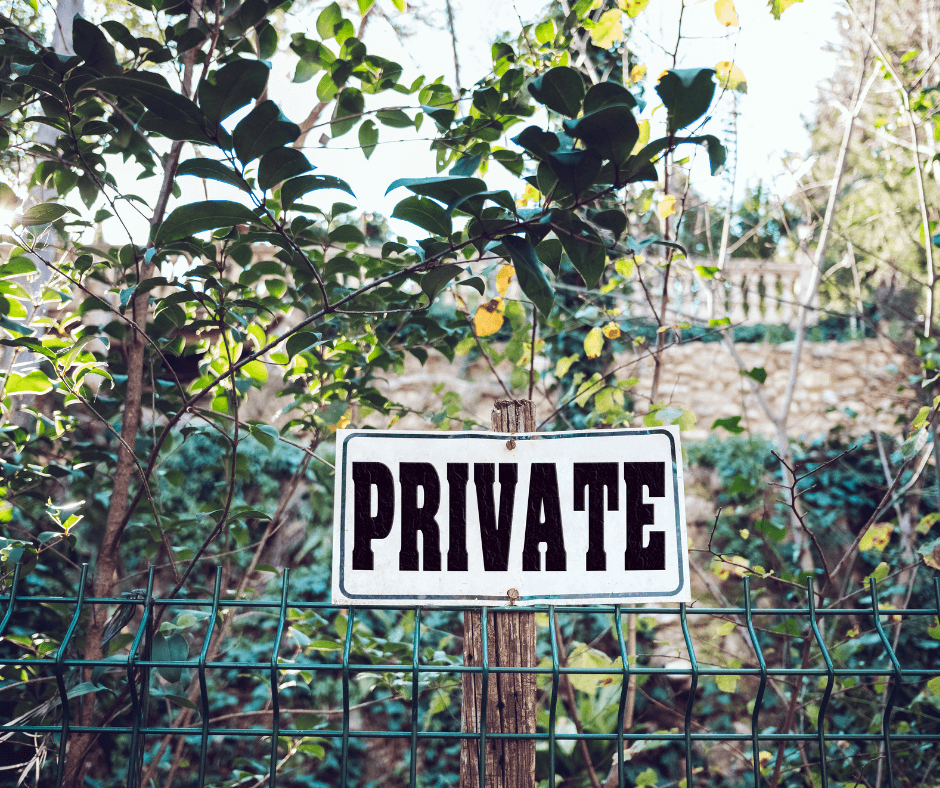HOMENEWS & INSIGHTS
Adverse possession explained
Adverse possession, sometimes referred to as squatting, can give someone legal ownership of land if they have occupied it in a particular way for a certain length of time.
Also known as squatter’s rights, adverse possession is based on the idea that if someone is not evicted from land that they do not own but that they are occupying, they may be able to gain legal title after a number of years.
How can someone gain adverse possession?
If you have been occupying land that you do not possess, in certain circumstances you may be able to apply to the Land Registry to be entered on the Land Register as the legal owner. There are strict criteria to be met however, including:
- You have occupied the land continuously for at least 10 years or, if the land is unregistered, for at least 12 years
- You acted as the landowner for the whole of this period using the land as your own, for example, by fencing it off, resurfacing it or, if it is a building, changing the locks
- You did not seek the landowner’s consent to occupy the land
- The landowner has not consented to you occupying the land
Applying to the Land Registry for adverse possession
If you wish to claim adverse possession, you will need to make an application to the Land Registry. You will need to provide evidence of the following:
- That you possessed the land;
- That you had an intention to possess the land; and
- The possession is adverse
It can be helpful to speak to an expert property solicitor when putting together an adverse possession claim to ensure that your evidence is as robust as possible.
Examples of evidence you could use include:
- Statements setting out details of your use of the land over the years, including dates and what you have done on the land
- Photographs
- Plans
- Documents such as invoices for any work you have had carried out on the land or to boundary structures or buildings
- Statements from anyone able to support your case
Protecting your land from adverse possession
You should check any land you own regularly to ensure that it is not being occupied. If your land is not registered, you should ask a property solicitor to deal with the first registration on your behalf, as it is generally harder to claim adverse possession of registered land. Once your land has been registered, you will be notified should anyone try to make an adverse claim.
You can put up fences, gates and signs to show where your property starts and instruct trespassers to keep out.
If you find anyone in occupation of your land, you should take steps to deal with this immediately before there is a risk that they could gain any rights over it. You are advised to speak to a property solicitor for help in removing squatters.
This also includes small areas of land, such as parking areas, driveways or gardens. If a neighbour routinely uses your land, there is a risk they could ultimately make a claim for adverse possession.
Contact us
For further advice please contact one of our Residential Property experts today.
This article is for general information only and does not constitute legal or professional advice. Please note that the law may have changed since this article was published.
Share article
Our offices
Contact Us
5 Poole Road
Bournemouth
Dorset
BH2 5QL
Tel 01202 377800
9 Poole Road
Bournemouth
Dorset
BH2 5QR
01202 377800


